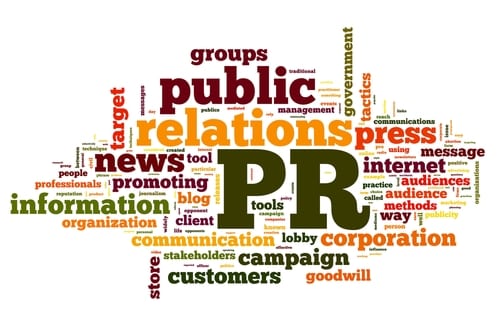Morgan Podkul
mp017819@ohio.edu
Public relations is an overlooked and harshly critiqued field. This public image is similar to that of journalism. Both are viewed under a microscope, with onlookers waiting to catch them in a mistake. Because of this heavy scrutiny, there is an ethical standard that must be met in order to produce truthful content in the public relations field and avoid mistakes. The George Washington University's "The Graduate School of Political Management" webpage listed out its reasons as to why ethics are vital to public relations. This list includes public perception, client or employer relations, and the sustainability of the PR profession.
 |
| Photo from https://media.istockphoto.com/vectors/headline-newspaper-isolated-on-white-background-vector-id616007728?s=612x612 |
The most common accusation against public relations is untruthfulness. A slight mistake can lead the public to feel manipulated or lied to. When discussing the possibility of ethics among public relations, the Institute for Public Relations says most critics deny the possibility for ethical practice because "the practice itself is akin to manipulation and propaganda." As a result, there is an existing belief that public relations professionals cannot be ethically correct.
There is an unfounded belief that both journalism and public relations will never indeed be able to reach peak ethicality. For this reason, public relations professionals and journalists follow codes of ethics such as PRSA and SPJ. Additionally, according to AXIA Public Relations, most companies include their code of ethics they require their employees to abide by. By enforcing codes of ethics in the workplace, public relations professionals can be aware of their work expectations. These employees can understand what is accepted and what is not and make educated choices on how to handle different situations.
 |
| Photo from https://www.ketchum.com/wp-content/uploads/2014/08/public-relations.jpg |
Thank you for mentioning my Burrelles blog post on ethics! :)
ReplyDelete